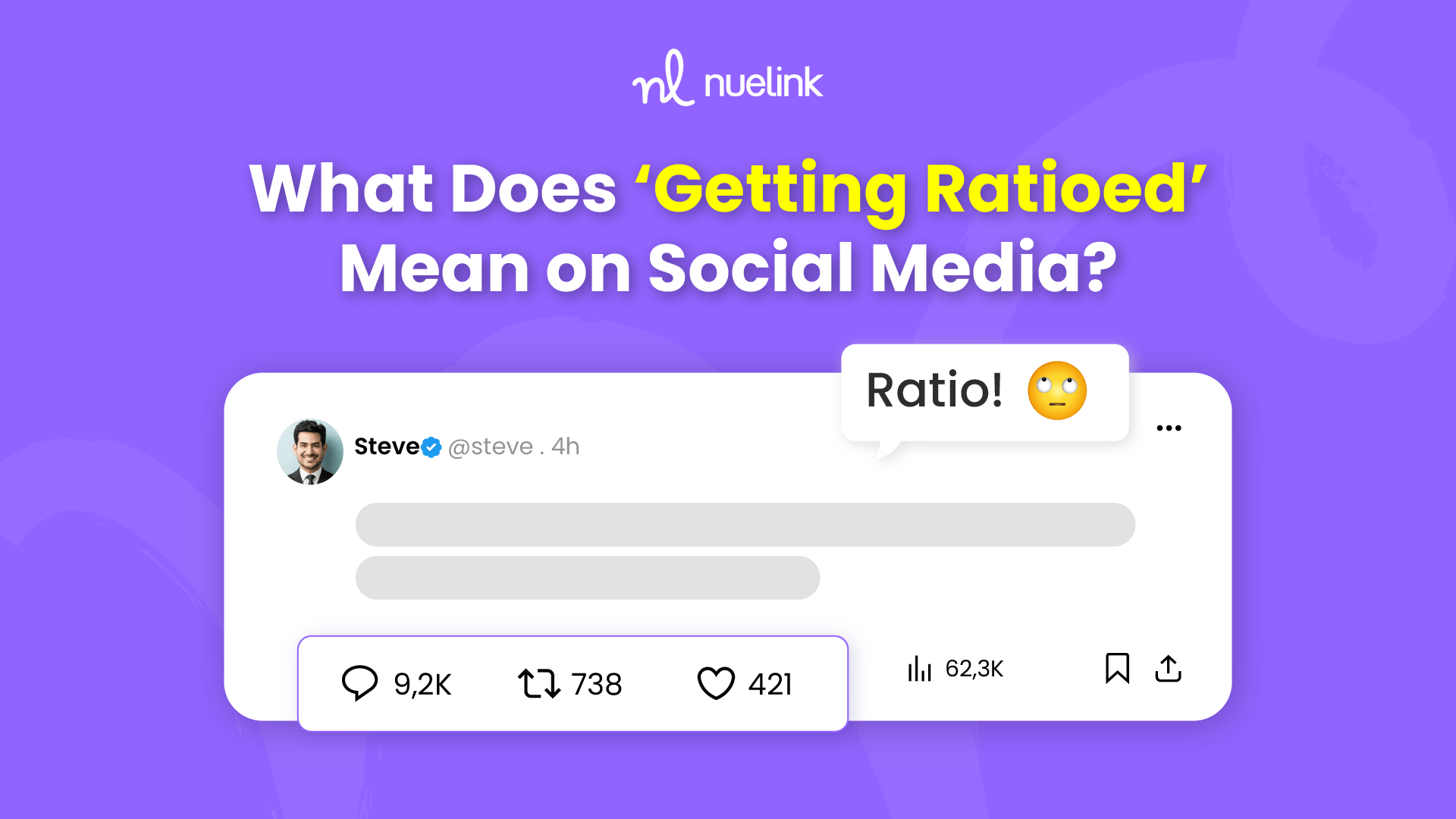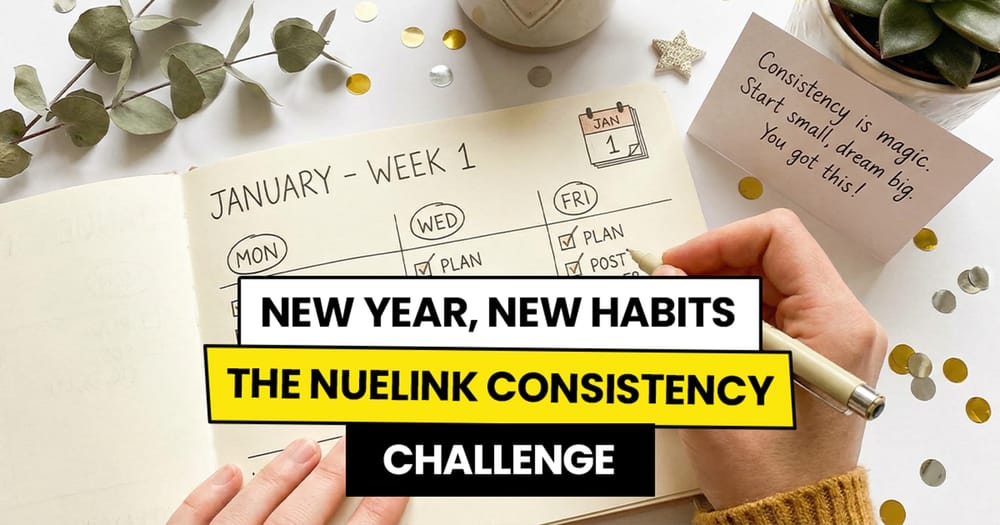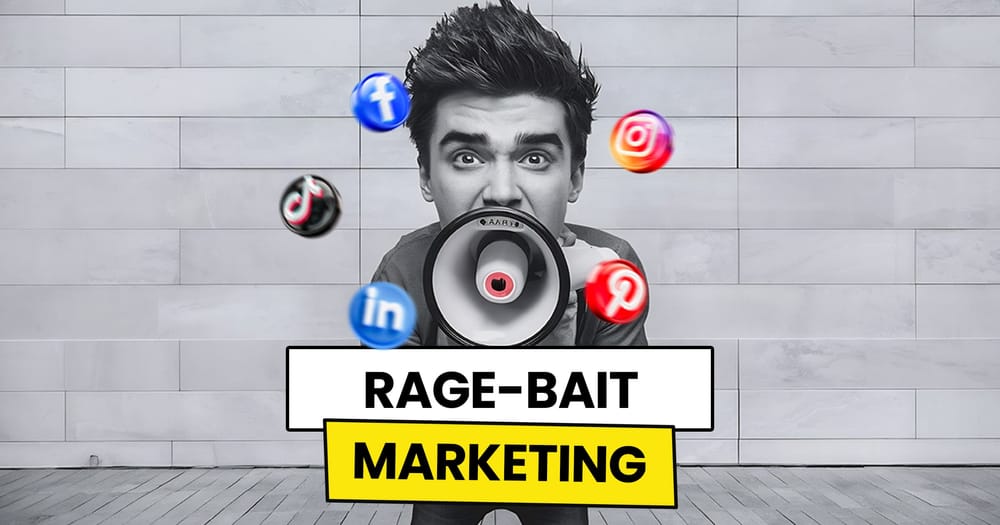This past week, something big happened, President Trump got ratioed on his own social media platform. So, the time has finally come to talk about it.
What started as a niche term on Twitter has now become a universal signal across platforms. A post with hundreds of replies but barely any likes? That’s a ratio. A TikTok with more duets mocking it than people sharing it? Ratioed again.
Ratios aren’t just about numbers, they’re about public perception. They are a clear sign that your message didn’t land the way you thought it would. And in today’s hyperconnected world, it’s easier than ever to stumble into a ratio storm without even realizing it.
So, how do you avoid it? And if it happens, what’s the right way to recover? Let’s talk about it.
What Does “Getting Ratioed” Mean?

The 2018 YouTube Rewind saga, the most disliked video in the platform’s history, was my first ever real ratio experience. What was meant to celebrate creators turned into a global backlash, with millions piling on to show their disapproval.
At its core, getting ratioed happens when your post sparks more negative engagement than positive. Instead of likes, shares, or saves rolling in, you’re flooded with critical comments, quote posts, and replies. It’s the internet’s way of saying, “This isn’t it.”
The term was born on Twitter (now X), where users noticed a pattern, if a tweet had more replies than likes, it usually meant people were piling on with disagreement, sarcasm, or outrage.
Over time, the ratio became a shorthand for public disapproval. And, you know, the internet loves to show its displeasure.
But ratios aren’t just a Twitter thing anymore. They’ve crept into every platform:
- Twitter/X: More replies than likes, or quote tweets roasting the original post.
- TikTok: Duets and stitches mock the content instead of supporting it.
- Instagram: A flood of negative comments that completely outweigh the likes.
- YouTube: Videos overwhelmed by dislikes and critical comments.
- Facebook: Posts with angry reactions and heated comment threads dominating the engagement.
Ratios are a digital signal that your audience feels strongly about what you posted… just not in the way you hoped. Not all engagement is good engagement, especially if you’re getting ratioed. And if you’re not careful, one ratio can spiral into a viral backlash.
Why Do Posts Get Ratioed?
Getting ratioed usually isn’t random, it happens for a reason. When your audience pushes back hard enough to trigger that flood of negative replies or mocking responses, it’s often because something in your post struck the wrong chord. Here are the most common reasons posts get ratioed:

1. Controversial or Tone-Deaf Statements
Sometimes, what seems like a bold opinion or joke can come across as insensitive or offensive. When you miss the mark on tone, people aren’t shy about calling it out. Just ask the woman whose fatphobic rant went viral on TikTok, what she framed as an “honest opinion” quickly triggered millions of stitches and backlash, ultimately costing her her job.
2. Posting Without Understanding Your Audience’s Values
If you share content that clashes with your followers’ beliefs or expectations, the backlash can be swift. Knowing your community’s values is key to avoiding unintentional offense.
3. Misinformation or Lack of Context
Sharing inaccurate facts or vague statements often sparks correction, skepticism, or frustration. Without enough context, your message can be misinterpreted or rejected outright.
4. Poor Timing
Posting during sensitive events or moments of crisis can make even well-meaning content feel out of touch or inappropriate, quickly inviting negative reactions.
Take F1 driver Oscar Piastri as an example. He posted a photo of himself in an airplane cockpit with the caption, “A few more buttons than I’m used to,” on the 9/11 anniversary, something he hadn’t realized. Though he deleted it fast, the internet caught on, and the post sparked backlash, showing how timing matters as much as content.
How to Avoid Getting Ratioed
Nobody wants to see their post blown up for all the wrong reasons. The good news? Avoiding a ratio isn’t about walking on eggshells, it’s about thoughtful, smart content choices that respect your audience and your brand.

Here are practical steps to keep your social media presence solid and ratio-proof:
1. Understand Your Audience
Know what resonates, and what sets off alarms. Pay attention to your followers’ values, interests, and sensitivities. The better you understand them, the less likely you are to spark backlash.
2. Pause Before Posting
Give yourself a moment to review your content for tone, clarity, and cultural sensitivity. Ask, could this be misunderstood? Is the message clear and respectful? When in doubt, revise or hold off.
3. Engage Smartly
If criticism does come, respond thoughtfully. Avoid getting defensive or arguing. Sometimes, a calm acknowledgment or clarification diffuses tension better than a heated debate. And for the love of God, never double down on bad takes.
4. Test Hot Takes in Smaller Channels or Stories
Not sure how a bold opinion will land? Try it out in a story, a smaller group, or a less permanent format first. Gauge reactions before going full public.
5. Avoid Automation Traps
Scheduled posts are handy until something unexpected happens. News cycles change fast, and tone-deaf scheduled posts during sensitive times can lead to ratio disasters. Keep an eye on your calendar and be ready to do regular social media audits.
Using a tool like Nuelink can also make this easier. It helps you schedule posts smartly, pause or adjust campaigns when needed, and monitor engagement so you’re never caught off guard.
What to Do If You Get Ratioed

First things first, don’t panic. Getting ratioed feels like a public shaming, but it’s not the end of the world, or your social media presence. According to Edelman's 2024 Trust Barometer, brands that respond promptly and transparently to criticism recover their reputation 30% faster than those that don't.
This highlights the importance of proactive and honest communication in managing public perception and maintaining trust. In fact, a ratio can be a valuable signal if you know how to respond. Here’s how to navigate the fallout:
1. Assess the Criticism
Take a step back and honestly evaluate the feedback. Is the pushback valid? Or is it mostly noise and negativity? Understanding the nature of the response helps you decide your next move.
2. Issue Clarifications or Apologies When Needed
If your post was misleading, insensitive, or inaccurate, a sincere clarification or apology can go a long way. It shows you’re listening and willing to take responsibility.
3. Turn It Into a Teachable Moment
Use the opportunity to explain your intentions, share what you’ve learned, or open a respectful conversation. This can transform backlash into engagement and growth.
4. Don’t Feed the Fire
Avoid escalating the situation by arguing with critics or engaging in hostile exchanges. Keep responses calm, professional, and brief.
5. Learn and Adjust
Every ratio is a chance to refine your content strategy. Take notes on what triggered the reaction and how you might approach similar topics differently in the future.
Remember, a ratio doesn’t define your brand, it’s a warning light to listen, learn, and improve.
Getting ratioed can feel like a public setback, but it doesn’t have to be a failure. In many ways, it’s a valuable signal, a chance to listen, learn, and adjust your social strategy before things get worse.






